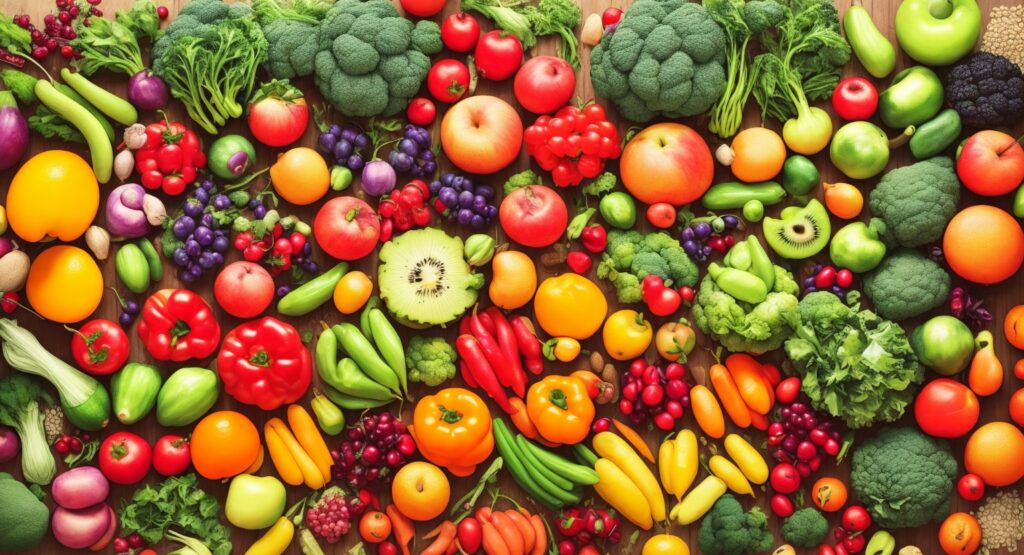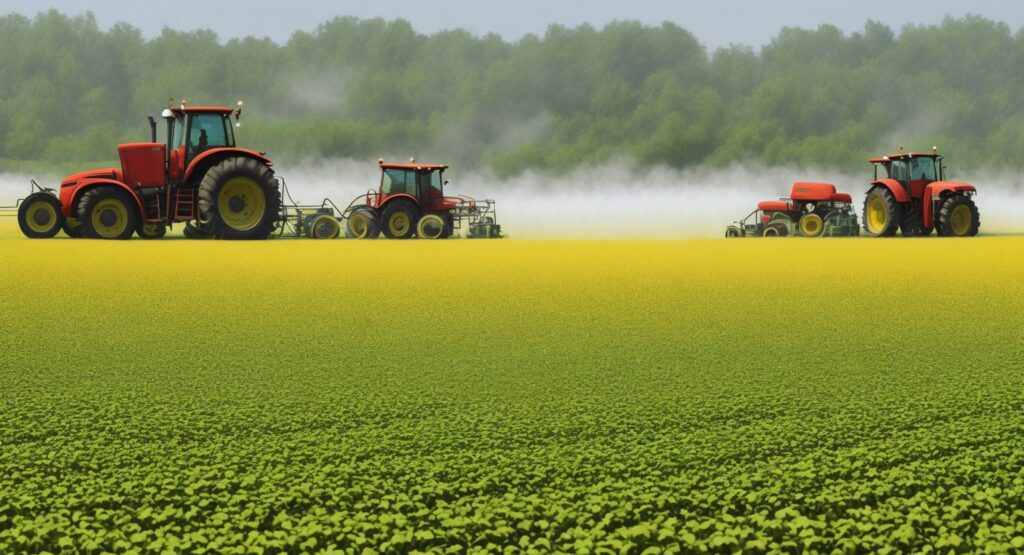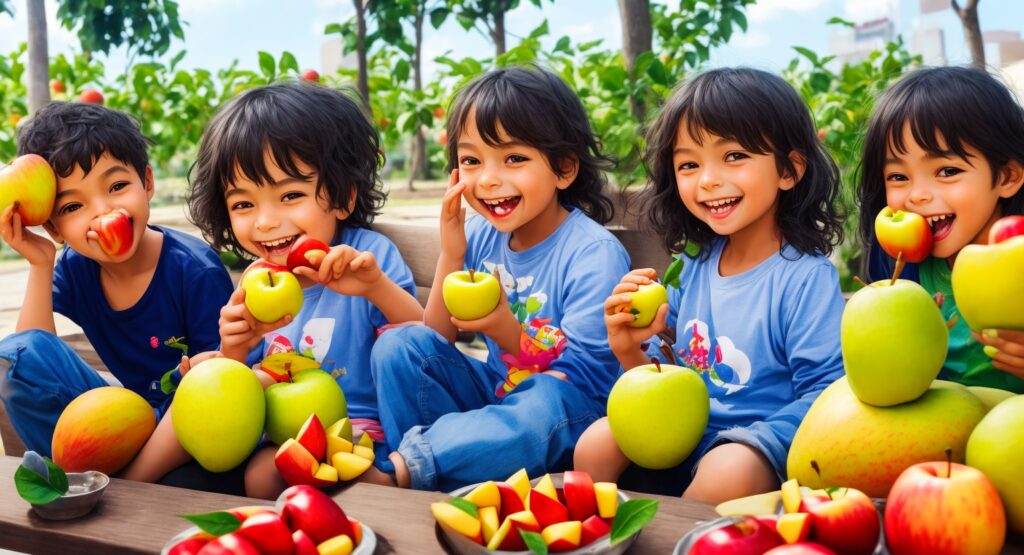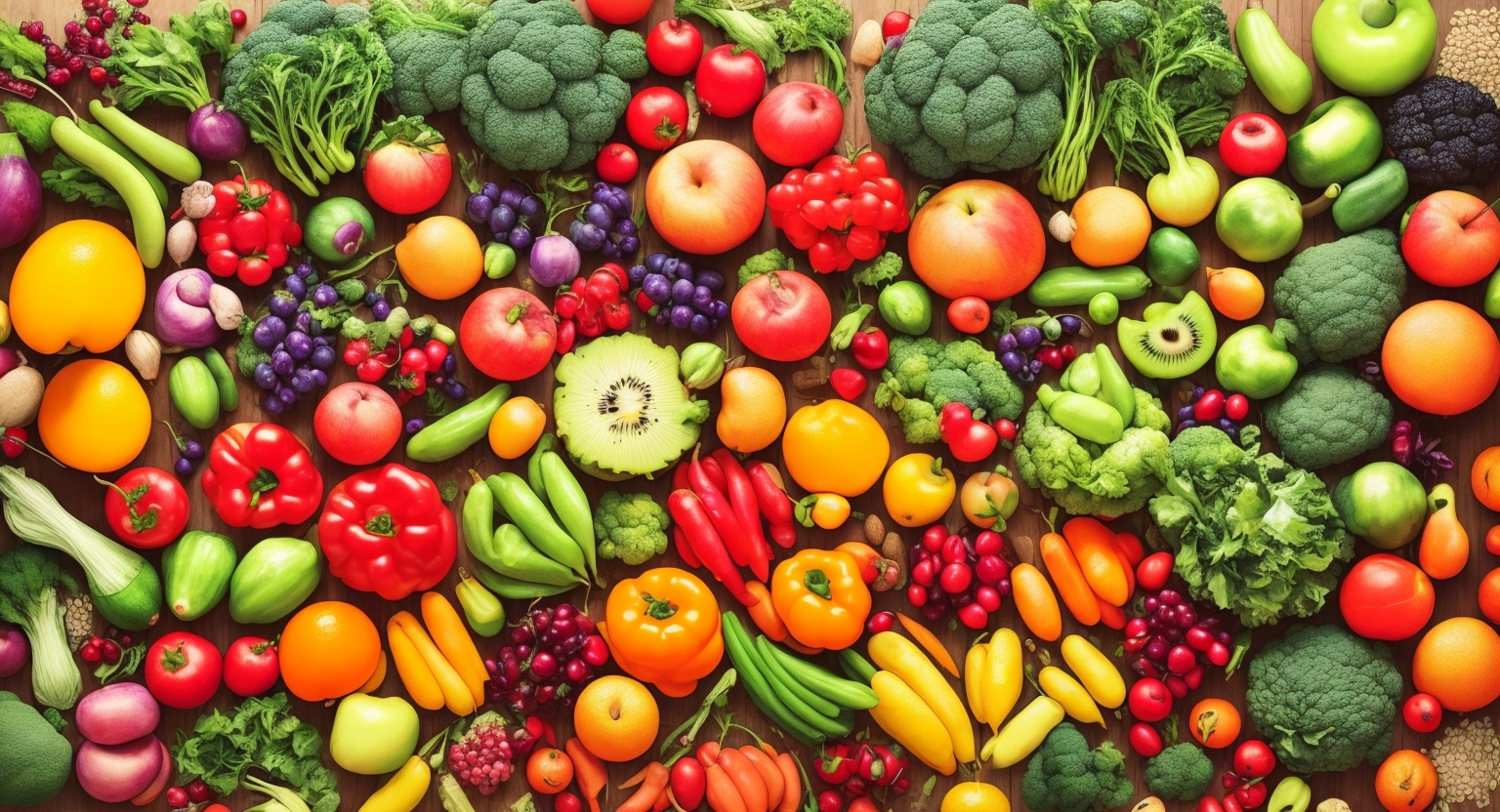In a world where your food choices can have a great impact on your health and the environment, Did you ever think Why organic food is better than conventional? Choosing organic food is a complete game-changer. Hold yourself for an exciting journey into the incredible feeling of organic food and discover why it’s the Real deal, leaving conventional options far behind.
Table of Contents
Benefits of Organic Food
Organic food Brings you in keeping Great shape. Think of a delish spread of fruits, veggies, and grains that are free from sketchy synthetic pesticides and genetically modified organisms (GMOs). That means fewer nasties entering your system, all while soaking up the rad flavors and vital nutrients that Mother Nature serves up.

Saving Our Planet: Conventional Farming’s Dirty Little Secret
It’s time to shine a light on the dirty truth behind conventional farming practices. We’re talking about heavy dependency on chemical fertilizers, pesticides, and monoculture crops that completely degrade the soil quality, damage water sources, and wreak destruction of our dear ecosystems. In contrast, organic agriculture keeps it real with sustainable methods like crop rotation, composting, and natural pest control, ensuring we preserve our epic land, water, and wildlife.
The future is the Organic Farming Revolution
Organic farming isn’t just about doing good for yourself—it’s a movement that’s got Mother Earth’s back. By putting soil fertility, biodiversity, and eco-harmony front and center, organic farmers become straight-up superheroes, keeping the balance between us humans and nature in check. Through regenerative practices and giving synthetic inputs the boot, organic agriculture sets the stage for a sustainable future where Earth and its peeps thrive.

Choosing Organic for Personal and Global Well-Being
It’s high time to take action on our Earth. Rock the organic lifestyle by hitting up local farmers’ markets, joining community-supported agriculture (CSA) programs, or even throwing down some roots with your very own organic garden. When you align your values with what’s on your plate, you’re leveling up the food game, contributing to a healthier, more sustainable food system, and straight-up owning your own well-being.

Crushing It with Organic Food for Healthy Tomorrow
In organic food, it’s all about realizing that everything’s connected. From fueling your body to taking care of our epic planet, choosing organic food becomes a total power move with some major ripple effects. So let’s dive in & save the flavors of nature’s Beauty, and sow the seeds of a healthier, more sustainable future for Living beings to enjoy.
Eat Healthy, Stay Healthy! It is Our Planet. Planet Earth.
Earth Save is a global movement dedicated to preserving and protecting our planet for future generations. It calls upon individuals, communities, and organizations to take action and make conscious choices that promote sustainability and environmental stewardship. From reducing carbon emissions and conserving natural resources to advocating for renewable energy and embracing eco-friendly practices, Earth Save empowers people to be agents of positive change. By raising awareness, fostering collaboration, and inspiring collective action, Earth Save strives to create a sustainable future where the Earth and all its inhabitants thrive in harmony. Join the movement and be part of the solution. Together, we can save our precious Earth.
FAQ’s
- What is organic food, and how does it differ from conventional food?
- Why organic food is better than conventional?
- Are there health benefits to consuming organic food?
- Is organic food more nutritious than conventional food?
- Does organic food taste better than conventional food?
- Is organic food safer to eat than conventional food?
- Does organic farming help protect the environment?
- Can organic food help reduce the risk of pesticide exposure?
- Is organic food more expensive than conventional food?
- Are there any specific regulations for organic food production?
- How can I identify and purchase organic food products?
